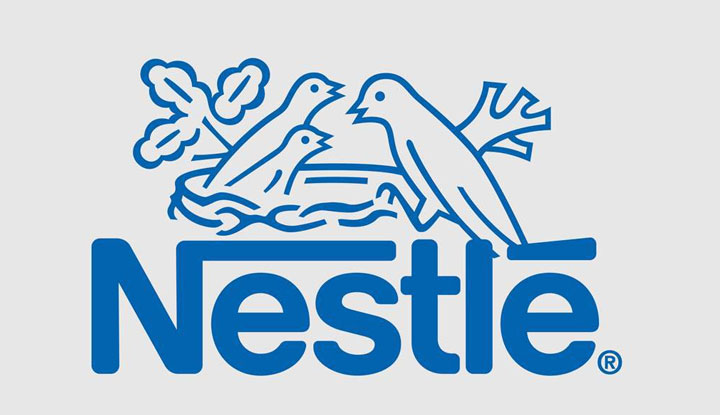Nestlé’s Mounting Borrowings Slash Profit To N9.8bn In Q2
Mounting balance sheet debts registered an adverse impact on Nestle Nigeria’s bottom line in the second quarter, as finance expenses consumed sales revenue and quarterly profit plunged to N9.8 billion.
From N77 billion at the end of 2021, the food/beverages company has expanded borrowings to about N93 billion at the end of half-year operations in June 2022. Dependence on debt financing has been induced by cash flow pressure.
Operating activities shifted from a net cash generator to a net cash consumer to the tune of over N12 billion at the end of half year. In the same period in 2021, operating activities generated a net cash flow of close to N51 billion.
With rising debts, the cost of finance jumped by about 135 per cent quarter-on-quarter to N4.6 billion in the second quarter. The high rise changed the company’s position from a net finance income of N1.4 billion in the first quarter to a net finance expense of N3.9 billion in the second.
The development is a combination of rising debts and increases in the cost of funds that reflects the Central Bank’s upward review of benchmark interest rate. The rising cost of finance was worsened by a sharp drop in the company’s finance income from N3.8 billion in the first quarter to N705 million in the second.
Another major cost increase during the quarter came from the cost of sales, which grew by 43.4 per cent to over N75 billion for the second quarter. This is a strong acceleration in the cost of sales from 27.6 per cent growth in the first quarter to N67 billion.
The growth in the cost of sales in the second quarter exceeded a 33 per cent increase in sales revenue to N112 billion over the same period. The result is a drop in gross profit margin from 37.6 per cent in the same quarter last year to less than 33 per cent in the second quarter of 2022.
The effect of the two major cost increases is that profit margin came under pressure and declined from 16.3 per cent in the first quarter and 11 per cent in the same period last year to 8.7 per cent in the second quarter.
Profit delivery in the second quarter, therefore, fell from N18 billion in the first quarter to N9.8 billion in the second. This is a sudden loss of momentum on earnings performance from a 45 per cent advance in profit in the first quarter to an increase of less than 5 per cent quarter-on-quarter in the second quarter.
There is however good strength for Nestlé’ on the sales front – which has been maintained across the two quarters. The company’s interim financial report for the half year ended June 2022 shows that sales remain on target.
Sales revenue amounted to N112 billion for the second quarter, improving from N110 billion in the first quarter. It also represents an accelerated growth from 26 per cent quarter-on-quarter in the first quarter to over 33 per cent in the second quarter.
The company’s half-year position shows a turnover of N222.4 billion for the six months of trading. This is a year-on-year growth of almost 30 per cent, accelerating from 22.6 per cent growth in turnover to N352 billion in 2021.
The high growth in sales is expected to be maintained in the second half, giving an impressive full-year outlook of registering the strongest sales revenue improvement for the company in many years.
Cost of sales for the half year stood at over N142 billion, which is an increase of 35.5 per cent year-on-year. Gross profit improved by less than 21 per cent to N80 billion over the period.
Marketing/distribution and administrative expenses moderated and enabled an increase of 27 per cent in operating profit to over N46 billion at the half year.
The upsurge in finance costs in the second quarter pushed the half-year figure to about N7 billion, a rise of 105 per cent. The result is a net finance cost of N2.4 billion at the end of June 2022, which still represents a drop of 17 per cent from the net finance cost of about N3 billion in the same period last year.
Nestle closed the half-year operations with an after-tax profit of N27.7 billion, which is an improvement of 27.7 per cent year-on-year. It has lost profit margin from 16.3 per cent in the first quarter to 12.5 per cent at the half year.
Barring further profit weakness in the second half, the company could make the first reasonable profit improvement in three years. It is still in the process of recovering from a profit drop of 14 per cent to N39 billion in 2020.
Earnings per share amounted to N35.01 at the end of half year, an improvement from N27.42 per share in the same period last year.



Comments are closed.